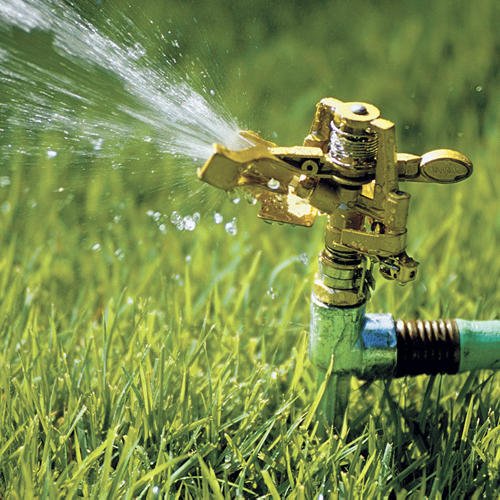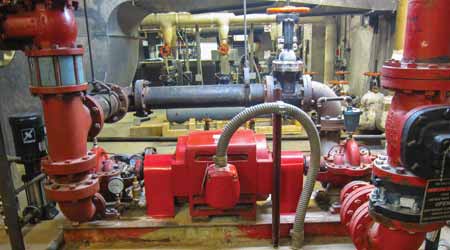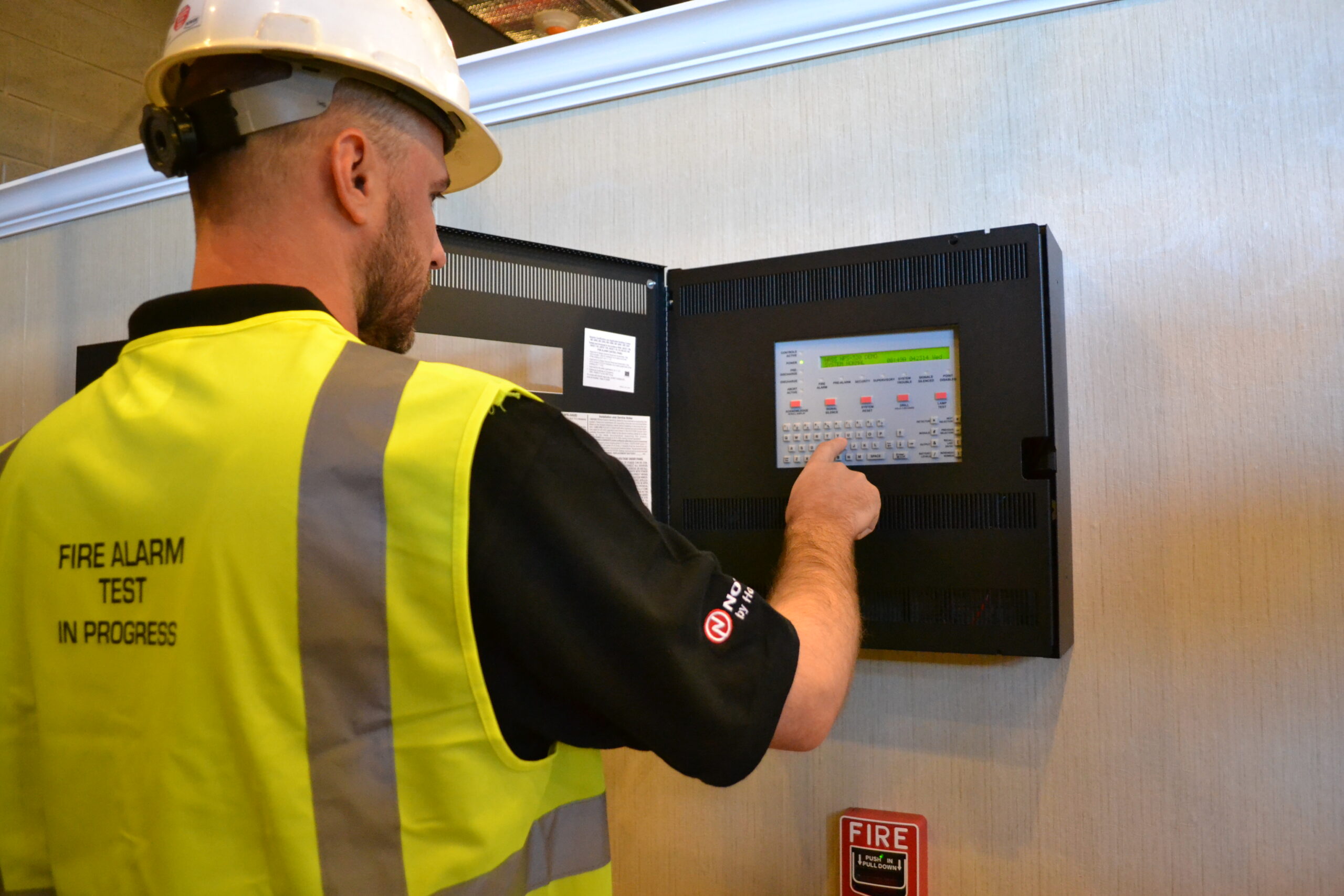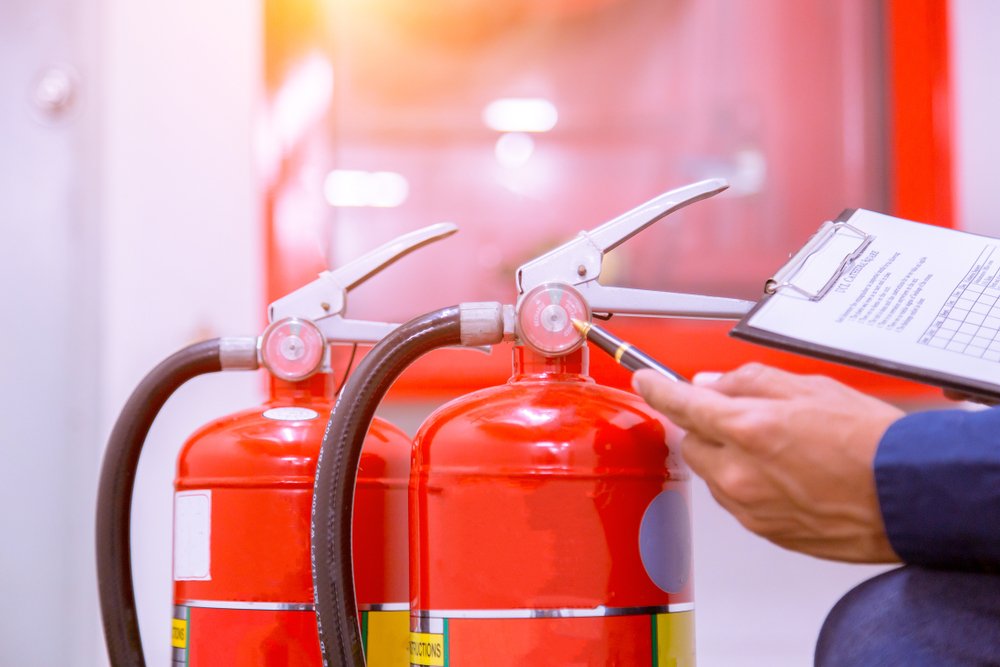
Energy Efficiency can help you save money and the environment at the same time. Not only does it help you save energy, but it also helps you reduce your utility bills. By reducing the amount of energy used in your home, you will be doing your part to combat climate change. And, by making a few simple changes, you will reduce your utility revenue, too. This article explains the basics of energy efficiency. But, before you get started, be sure to check out our list of other energy efficiency tips!
Energy efficiency is a way to reduce energy costs
Using less energy to do the same job can significantly reduce your household energy bills. In addition to reducing your energy bills, energy efficiency is also a way to combat climate change and improve the quality of air in the world. Many products and buildings today use more energy than they need. Increasing energy efficiency in every sector of your home or business can significantly reduce your costs while reducing your carbon footprint. Learn how to make your home or business more energy efficient by using the tips below.
By using energy efficiently, you will reduce your household energy bill and ease the strain on your budget. For example, if you have a large family, you may end up spending a large portion of your income on energy. Using energy-efficient products and appliances can make energy more affordable and reduce your family’s energy burden. It’s also good for the environment: energy efficiency can help cut down on emissions, improve outdoor air quality, and reduce acid rain. Energy used by commercial buildings contributes to 19 percent of U.S. carbon dioxide emissions, 12 percent of nitrogen oxides, and 25 percent of sulfur dioxide. Commercial buildings use about $110 billion in energy every year.
Buildings can become more energy efficient through insulation and better design. Changing architectural design can enhance energy efficiency, while strategic window placement can accommodate both heating and cooling needs. Weatherizing an existing building can reduce energy waste and cut your utility bills. There are many ways to improve energy efficiency in your home or business. Here are some simple tips:
Improving fuel economy is a big step towards increasing energy efficiency. Internal combustion engines convert potential energy in fuel into kinetic energy. But they only convert between 12 and 30 percent of it. Electric vehicles, on the other hand, have a fuel efficiency rating of 77 percent. And while this may not seem like much, switching from gasoline to an electric car is a great way to help the environment as well.
It is a way to combat climate change
By reducing energy consumption, you can help combat climate change and reduce your monthly energy bills. Moreover, you’ll be reducing your reliance on fossil fuels, which are highly polluting and contribute to climate change. Thousands of fossil fuel power plants are operating in the United States alone. And the average age of these plants is thirty years. To make your home more energy efficient, use efficient appliances, electronics, and equipment. By 2030, you can save about 550 million tons of carbon pollution each year by reducing your energy consumption.
The simplest way to combat climate change is to make your home and workplace more energy efficient. Energy-efficient homes and buildings use less energy to produce the same amount of output. Energy-efficient manufacturing facilities use less energy to make their goods. These measures reduce energy costs for consumers and improve the competitiveness of U.S. businesses. This practice can help the United States achieve net-zero emissions of carbon dioxide through decarbonization.
The National Energy Efficiency Act of 2007 mandates that industry cut GHG emissions by 30 percent relative to their 2019 levels by 2020. By then, half of U.S. manufacturing facilities must utilize strategic energy management. Furthermore, new vehicles must have greater fuel efficiency than current models, and electric vehicles must account for at least 50% of new vehicle sales by 2050. Meanwhile, new construction must be carbon neutral and net-zero energy. Lastly, eligible low-income households should have a whole-home energy efficiency program in place.
If you’re a homeowner, energy efficiency can help you save money while saving Mother Earth. Many households spend hundreds of dollars every year on appliances and other items that use more energy than they need. By making your home more energy efficient, you can help combat climate change and save Mother Earth for future generations. So, make the decision today! Energy efficiency is the best way to combat climate change and protect Mother Earth. It’s as simple as that.
As we all know, fossil fuels are the number one contributor of greenhouse gas emissions. The United Nations Development Program estimates that energy efficiency can help reconcile economic competitiveness with sustainable development by reducing energy consumption and improving productivity. The UNDP supports the implementation of business models and financing mechanisms that help countries make their investments in energy efficiency. By reducing the amount of fossil fuels used, we can avoid a future increase in GHG emissions and make a transition to a climate-neutral society.
It is a way to reduce utility bills
The average American pays over $1300 in electricity annually, and these bills can take up to five percent of your income. There are many ways to reduce the amount of electricity your home uses, but each home is different, and the energy efficiency of certain areas of the home can be crucial to lowering energy costs. For example, a 900-square-foot apartment likely uses electricity for many things, including a refrigerator, oven, microwave, and HVAC system. Adding insulation and improving insulation can all lead to a lower monthly bill.
A good way to save money on electricity is to limit your home’s use during peak hours. Electricity consumption increases during the daytime, and during the evening hours. To avoid this, some electricity companies have time-of-use plans, which increase rates during peak hours and decrease rates during off-peak hours. To avoid this, run big appliances early in the morning or late at night, when electricity is cheaper.
While reducing energy consumption in a household is important to overall health, it is also necessary for saving money. Many people spend more than they need to on energy bills, and this adds to their financial burden. Families with high energy bills often find it difficult to pay their monthly utility bills, so energy-efficient products are an essential way to reduce energy costs. Furthermore, energy efficiency can improve your home’s health, safety, and comfort.
It is a way to reduce revenues for utilities
Many utility companies have a number of different ways to reduce revenues. One of these is to improve program returns by decoupling utility revenues from overall power consumption. This process, known as “revenue regulation,” allows regulated utilities to maintain their rate structures while recovering lost revenues for specific programs. The more complex method of revenue recovery is program-specific lost revenue recovery. It requires more sophisticated measurement and computation. However, it may provide utilities with a way to benefit from ineffective efficiency programs.
Utility revenues are related to sales of electricity and natural gas. Because many of the costs of producing these fuels are fixed regardless of the volume sold, utilities can cut profits by implementing programs to increase the efficiency of their customer service. These programs can be combined with positive financial incentives to reduce consumption. Utility revenues can be increased if the rate structure is adjusted based on the cost of supplying energy. But decoupling isn’t enough. Efforts to increase customer efficiency can significantly reduce the utility’s profits.
To promote energy efficiency, governments should provide incentives to utilities and consumers. Some of these incentives include revenue-sharing programs, certification programs that measure progress toward efficiency targets, and the use of smart metering technologies. Incentives to encourage energy efficiency are available in the form of subsidies, cash incentives, and price signals. Most importantly, the government should make these programs widely available. These incentives can be used to encourage utility-owned and private enterprises to improve their energy efficiency.









